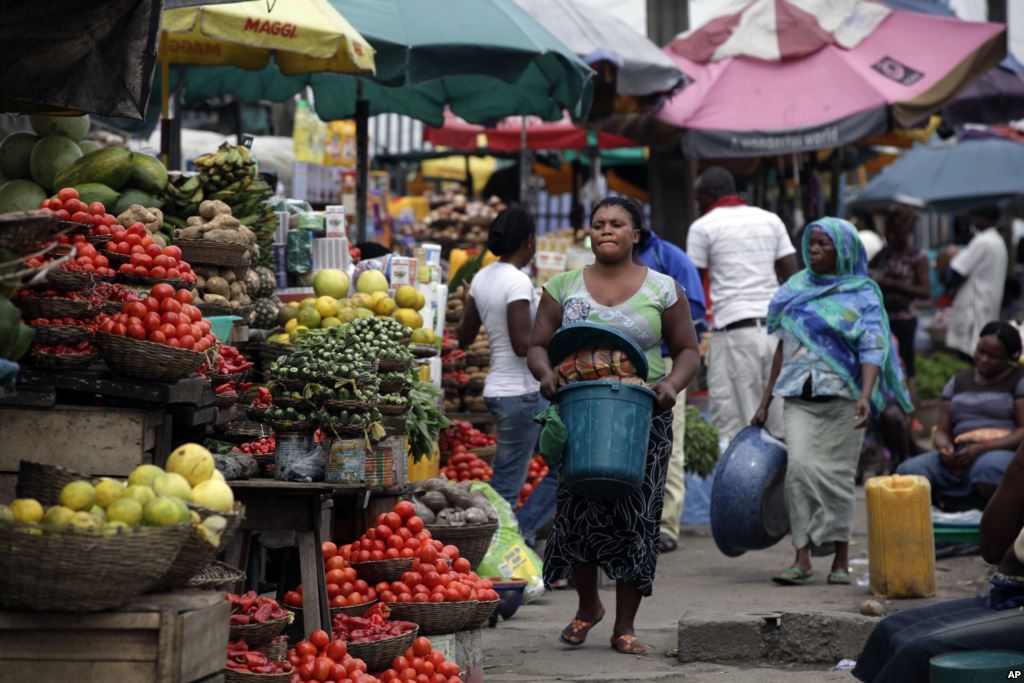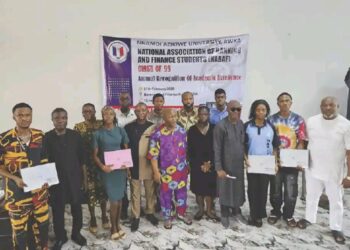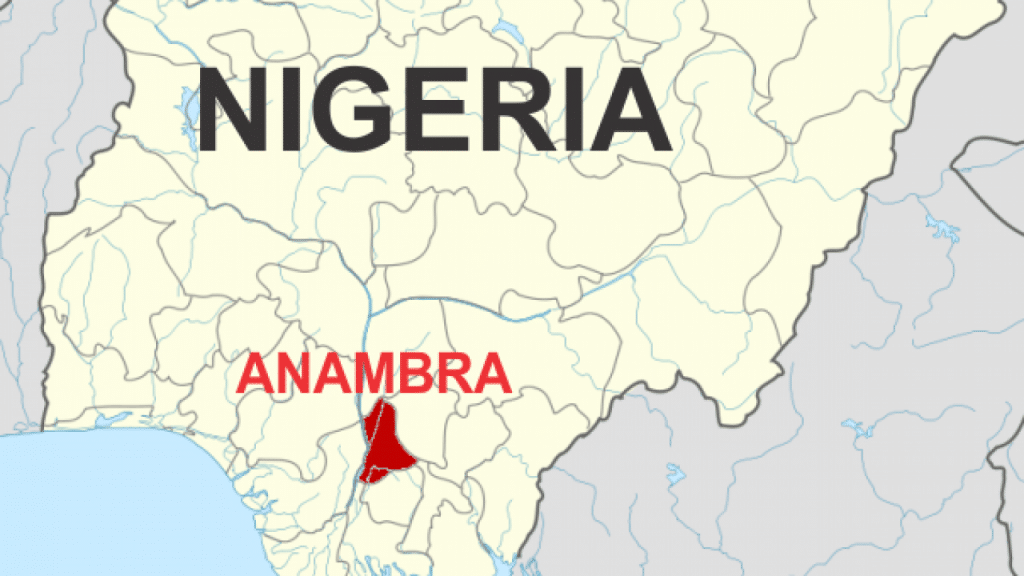JOHN CHUDI OKAFOR
The world is getting increasingly globalised. The internet has pulled down borders and made interconnectivity seamless. There has been global change in consumer behavior. Customers now prioritize accessibility and convenience. The global pandemic has even fastened the race for online activities, reducing the need for physical presence as health conscious shoppers are likely to avoid large crowded markets. The realities of the COVID-19 pandemic have forced businesses to relearn and re-strategize their business models, building robust e-commerce platforms as a route to survival.
At the core of this digital economy are digital platforms. In 2016, the global digital economy was worth about USD11.5 trillion, the equivalent of 15.5% of the world’s overall GDP. E-commerce market in Nigeria is estimated at USD3bn, about 3% of the Nigeria GDP. With the continent’s largest population and one of the youngest worldwide, Nigeria presents a vast digital audience. Internet penetration is around 60% and there is projection of steady increase.
The Anambra’s economic base is largely driven by trade and commerce, contributing about 60% of the GDP that is valued at about USD6bn. If there’s one economy that has the potential to maximize and harness the advantages of the evolution in electronic commerce after Lagos State, it is Anambra.
While Anambra State has done well in the traditional brick and mortar method of trade and commerce, the digital evolution is making that business model obsolete and there is an urgent need to wake up to the fast evolving dynamics of the technology driven 21st century market place. The benefits stem from the ability to virtually connect people and things, facilitate digital transactions and interactions, culminating into exchange of goods, information and services. It had the potential to become an engine of economic transformation and set the State on a new growth trajectory. Furthermore, it helps in reducing operational cost and increase profit margins.
Getting Anambra traders to tap into the vast digital audience Nigeria presents and become relevant in the market place of tomorrow is an emergency. The opportunities are huge and limitless. Onitsha is the second largest destination of containers in Nigeria, implying access to varieties of goods at affordable prices. Anambra also controls the largest market share in the logistics industry a critical enabler of the e-commerce business.

The question is, why then are Anambra traders not keying into this evolving market opportunity?
A major contributing factor is resistance to change. Like the saying goes, if it is not broken, why fix it? But this is exactly the same reasoning that made RESEARCH IN MOTION, the owners of Blackberry to loose market share and ultimately wound up as a company. They refused to change and adapt. Change is the only constant in life. Change is difficult because it requires new education, new set of skills and time resources, but it is necessary for survival.
The second thing is awareness. Knowledge, they say, is power. The opportunities offered by the digital economy, together with the inclusive growth are not yet sufficiently known by majority of the traders. Ali Baba connected millions of Chinese manufacturers and retailers to markets around the world, making it possible for China to become the global factory, with highest number of billionaires after the United States. Anambra millionaires can become billionaires when exposed to bigger markets with ease and convenience that technology offers. The multiplier effect on job creation for people with digital skills like website designers, digital marketers, search engine optimization, coding etc is unimaginable. The army of youths who have taken solace in cybercrimes will be redirected to channel their energy to honest and rewarding ventures.
Broadband investment is also a key enabler to harness the digital economy transformation. Broadband makes for faster internet connectivity, especially in rural areas. Despite internet penetration, Nigerian internet speed remains low compared to global standards. Broadband is very vital to the unleashing of the Anambra virtual space. Again, another necessary enabler of the virtual market place is financial technology. Despite the billions of naira in sales recorded at Onitsha daily, only very few traders adopt the use of POS machines. Payments are still largely a cash affair. At the heart of this is the fear of cyber criminals who are looking for who to devour. Fortunately, there have been a number of indigenous FINTECH companies delivering secure payment solutions to numerous customers and even government institutions daily. Awareness is key.
It is estimated that e-commerce and FINTECH when properly harnessed in Anambra can add projected 2 billion dollars to the Anambra state GDP within 5-7 years. It is also projected that there will be a 30 % increase per capita income amongst traders within 5 years.
If all relevant stakeholders which include traders, government agencies, investors and NGOs rigorously work together to invest the needed knowledge, skill and infrastructure that will open the multi-billion dollar e-commerce market in Anambra State, then, it can be said that the State has taken charge of tomorrow’s market place and will remain relevant in the world of commerce.






